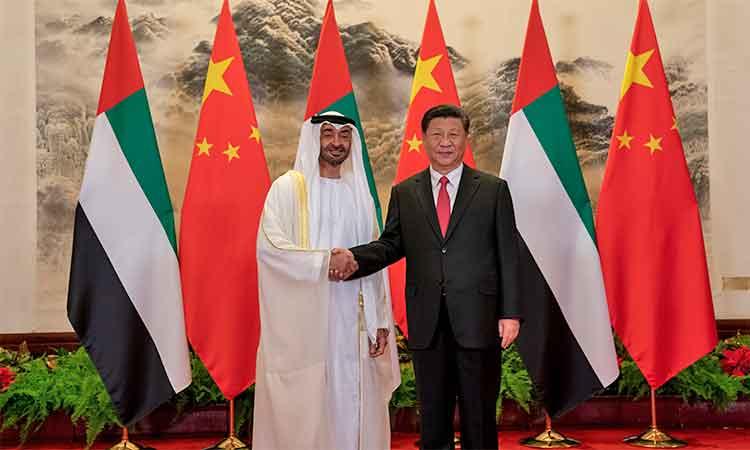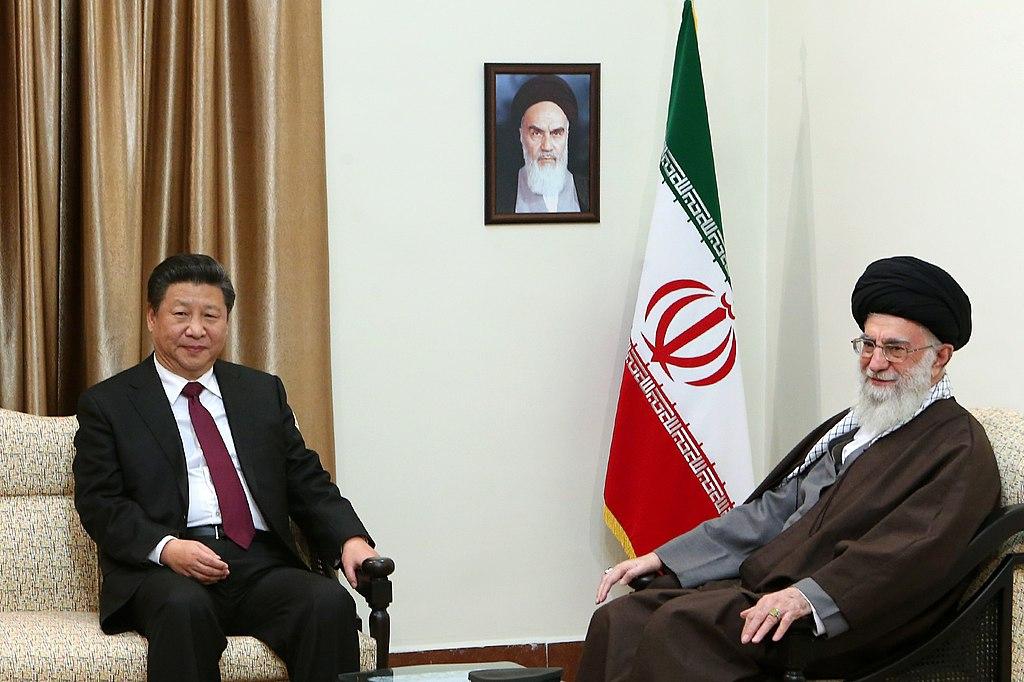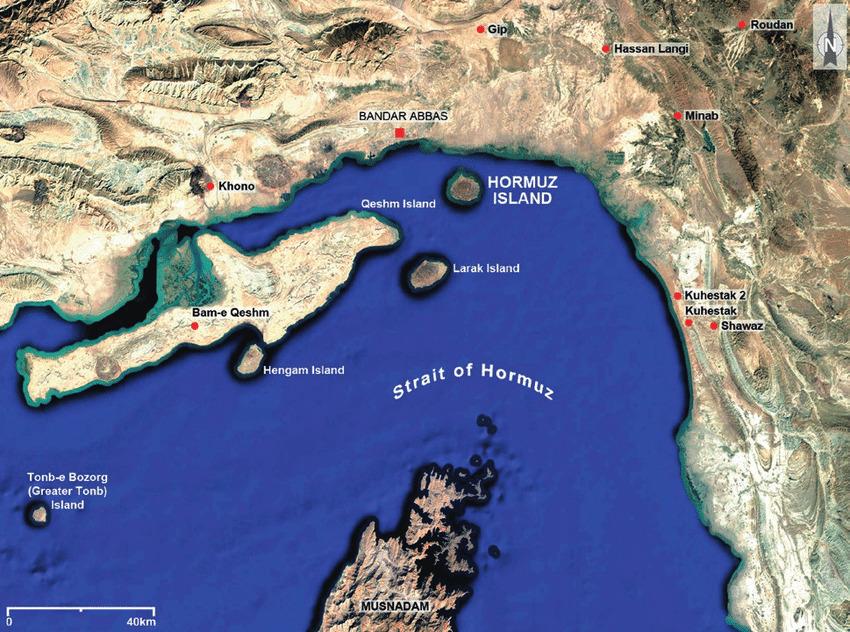Will China – UAE partnership overshadow ties with Iran? Promoter of stability
On June 3, the Iranian Foreign Ministry summoned the Chinese ambassador in Tehran over statements made during a China-UAE bilateral meeting appearing to dispute Tehran’s sovereignty over three islands in the Strait of Hormuz claimed by the United Arab Emirates (UAE). The surprise move came amid praises of China's strategic partnership with the Iranian and Chinese media following years of sustainable political dialogue. Nevertheless, the Iranian Ministry strongly disapproved of third parties' claims of sovereignty and control over the three islands.

In May, the Chinese authorities issued a supportive statement of the UAE’s efforts to "peaceful resolution of island disputes with Iran." Abu Musa and Greater and Lesser Tunb are the disputed islands between Iran and UAE that have been under Tehran's control since 1971 when Iranian forces seized the islands, referring to "historical rights to small islands." Given its strategic location in the Hormuz Strait, both the UAE and Iran claimed sovereignty over the three islands. The Strait of Hormuz is around 155 kilometres long and 34 kilometres wide at its narrowest point. Some 21 million barrels daily of oil were transited through this critical gateway in 2020, the year with the latest available figures. Although China maintained a lower profile in political issues in the Middle East in the last decade, it gradually increased its political involvement by ensuring the successful rapprochement of Iran and Saudi Arabia in March 2023.
Over the past two decades, China has invested significant economic, political, and diplomatic resources in building strong partnerships in the Middle East. The region has become a focal point in Chinese foreign policy and a key land and maritime node along the Belt and Road Initiative. China’s recent foreign policy activism in the Gulf serves a specific strategic purpose – to institutionalize China's political relationship and economic cooperation with regional states and promote a new approach to regional security cooperation. It also highlights China’s enduring challenge of balancing its strategic engagement with Iran while seeking to deepen its ties with the Gulf Cooperation Council (GCC) states.
Beijing’s relations with the UAE are more than a random diplomatic dialogue. Since 2019, the Gulf states, particularly Saudi Arabia and the UAE, upgraded their ties to China in light of growing tensions with their traditional ally – the United States (US) and sought an alternative partnership with another global actor – China. As such, the UAE boosted its partnerships with China in nearly all critically important spheres, such as energy, logistics, agriculture, telecommunication, maritime security, and, more recently, the development of artificial intelligence.
However, China's steady alignment with wealthy Gulf states could become a source of concern in Tehran. 2022 Iran summoned China’s envoy over a similar joint statement with Arab nations.

Consequently, China is not the only major ally of Iran that took a contradictory approach regarding the islands in the Hormuz Strait. In February 2023, Russia surprised Iran by signing a joint statement in favour of the UAE at a July summit between GCC states and the Russian Federation. The statement called for bilateral negotiations or the International Court of Justice to resolve the issue per the rules of international law and the United Nations Charter.
As a result, Iran summoned the Russian ambassador to "politely ask to correct the position of official Moscow." However, the Russian authorities did little to address Iran's concerns regarding the island issue. Like China, which also sided with the UAE over the island dispute in December 2022, Moscow’s position appears to be a calculation to side with GCC states over Iran.
The long-term prospect of China’s interplay with Iran and the Gulf is likely to be shaped by the interactive dynamics of US power and China's strategy towards the Gulf. Notwithstanding, the Gulf region is likely to remain peripheral to China’s grand strategic concerns – unless a direct contest for regional supremacy between the US and China in the Middle East occurs.

In terms of islands, Tehran maintains the position that its sovereign claim over the three islands is non-negotiable, while the UAE says Iran’s control of the islands violates international law. Nevertheless, China will unlikely change its position with the disputed islands despite its close engagement with Iran. In this case, the partnership with the UAE promises China more significant prospects than economically and politically isolated Iran.
Although China has long opposed the US-led Iranian sanctions, it did not put enormous efforts to antagonize the US. China’s principal interest in Iran is long-term energy access. Iran is an important oil provider for Beijing, though the Gulf states are able to provide China with more oil and natural gas. The specific reference to the three disputed islands using less neutral language than typically seen in China's diplomatic parlance is contrary to Beijing's claim that China–GCC relations are not targeted at any third party.
Although Iran is not satisfied with China's approach to a delicate issue, Tehran will not attempt to downgrade or pressure Beijing to avoid possible diplomatic confrontation at a critical time. As for China, it would attempt to develop a separate cooperation agenda with Iran out of its pragmatic vision.








